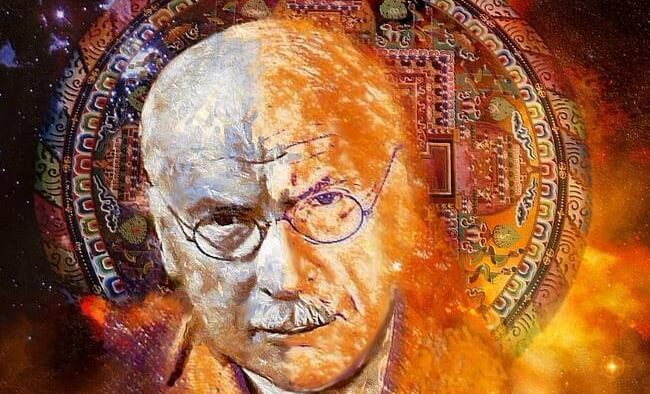Carl Jung is responsible for the introduction of astrology into psychoanalysis, this Swiss psychoanalyst, Freud’s disciple, addressed concepts that for many were closer to magic than science, although his assumptions are profound and interesting, and have managed to overcome to the point of creating an approach to psychology that remains in force today.
For Jung, in astrology, all knowledge of the psychology of old age is condensed. Intuitively, the twelve signs of the zodiac have become a summary of psychic realities. They set up what Jung called “archetypes. ” These are psychological patterns or models that live in the collective unconscious.
- Carl Jung was convinced that there was a natural willingness in every human being to be who he is.
- You don’t learn.
- But it’s born in each of us.
- At this point you can see the influence of astrology on Jung’s psychoanalysis.
- Astrologers are convinced that there is a certain ability to live from birth.
“Astrology consists of the symbolic configurations of the collective unconscious, which is the main theme of psychology: the ‘planets’. Are they the gods, symbols of the powers of the unconscious?” and Carl G. Jung
Jung developed the concept of “Synchronicity” in his theory. It is a postulate that considers the presence of astrology in psychoanalysis. Synchronicity refers to events that generate a match. They meet, they happen at the same time, but apparently they are disconnected from For example, when someone thinks of something unusual like a bat and an hour later, they see one in the window.
For Jung, these coincidences obey invisible threads that connect everything, in line with astrological principles. According to this knowledge, there are invisible forces circulating in the universe, forces that constantly combine and provide events in a person’s life.
In this way, the influence of astrology on Jung’s psychoanalysis is evident. An unknown universal order manifests itself in a specific situation. The movements of the universe give rise to definitive events in a person’s life. It may seem to depart from the scientific perspective, but quantum physics also deals with very similar postulates.
Jung calls astrology the “intuitive method. “He stated on several occasions that he had verified that certain states or psychological facts were related to the transit of the planets. “Especially Saturn’s afflictions with Uranus,” he said in a 1954 interview.
Astrologers, on the other hand, agree with Jung on many points. They insist on the existence of invisible forces that give some meaning to everything that happens. “The force that moves the sun and the stars is the same one that moves the sun and the stars. human soul, ” said the famous Spanish astrologer Lluus Gilbert.
Just as the influence of astrology on psychoanalysis is appreciated, the opposite is also true, many astrologers rely on Jung’s concepts to develop his interpretations, a very special case is that of Richard Tarnas, this scholar has a very special education: he is a philosopher graduated from Harvard University, but also a psychologist and astrologer.
He says he came to astrology after learning Jung’s teachings. His initial approach was mainly empirical. He was surprised to discover that the astrological maps of Galileo, Einstein and Darwin were very similar, and also that the same planetary configuration was repeated during a Beethoven concerto and Jimi Hendrix’s most apotheotic performance. One sentence sums up his stance: “Your psyche is the breath of the cosmos. “
The influence of astrology on psychoanalysis is questioned by almost all psychoanalysts, who see this influence as a mere refuge from imaginary myths and legends that do not take effect; in fact, classical psychoanalysis is based on the idea that human beings own their destiny and that victims do not exist.
The minority that opposes this opinion questions the extremism of Cartesian reasoning that has been imposed on knowledge, they point out that there is not one, but many ways to arrive at the truth, and rational and scientific truth is only one of them.
However, astrology is still little present, at least in the Jungian approach, proponents of this approach and astrologers feel increasingly close to quantum physics, ensuring that new knowledge that defies rational laws will gradually be revealed. If that happens?

